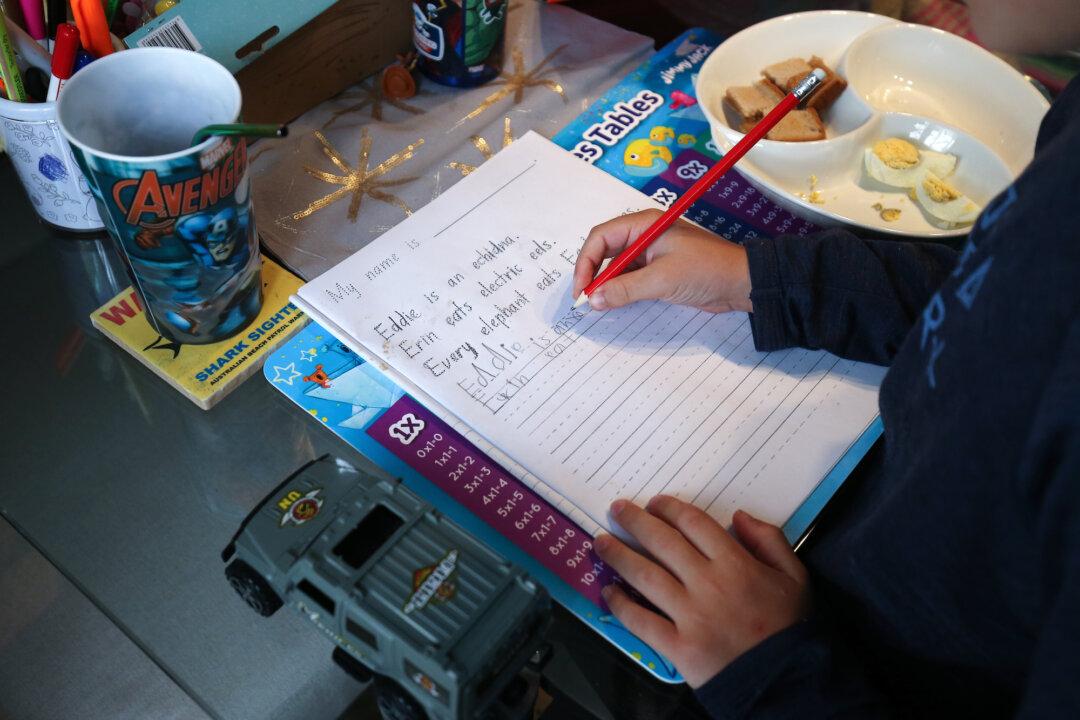Homeschooling is rising in Australia after parents became increasingly aware of the content schools were teaching children during COVID-19 lockdowns.
Queensland’s Department of Education revealed in October that home school registrations rose 69 percent, from 5,008 to 8,461, between 2021 and 2022 (pdf).





